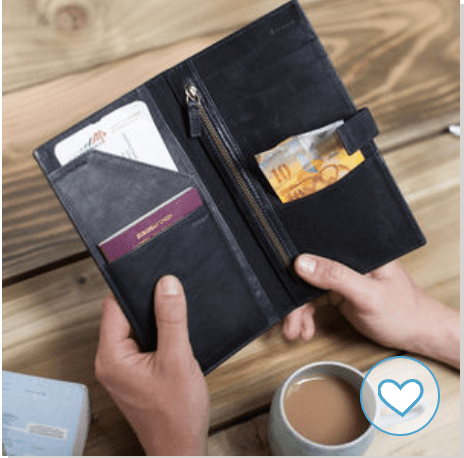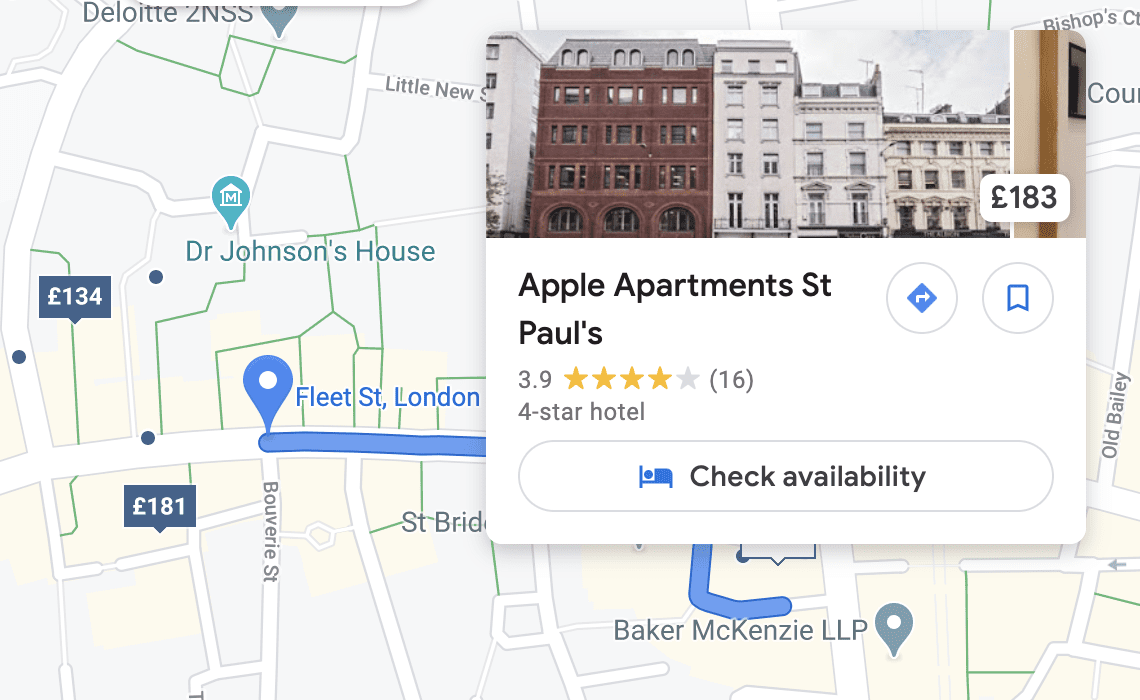As a PA and someone who has lived abroad I’ve done my fair share of trips and know the amount of preparation that is involved. Whether it’s a personal trip or business trip, I love nothing more than the planning and organising to make sure the trip is stress free and enjoyable.
However, to some people and perhaps this might be you, the whole experience can be overwhelming, especially if you’re new to travel planning.
How do you make arrangements and bookings? What do you pack? Where should you stay and how do you find your way around?
Do you have a business trip coming up and need some help? I’ve got you, this guide will take the stress away and help you to plan your first business trip with ease.
1# | BEFORE THE TRIP
It’s always advisable to make your travel arrangements well in advance. Spend time researching and gathering all the details of the business trip as follows.
- Events/conferences – request the agenda, location, hotel and dress code. It is also worth noting that most event organisers will have a promo code with the hotel so you can get a discount.
- Meetings – find out where, when and who is attending. For events and meetings it’s always a good idea to research panel members, speakers and meeting attendees beforehand, especially if you have never met them before. LinkedIn is a great tool to do some advanced stalking 🤣
- Company travel policy – if you’re travelling with work, make sure you read the travel policy, is there a budget for the hotel, flights and daily meal allowance? What is the process for dealing with expenses? Being compliant with your company’s travel policy is essential. Are you a business owner? This might also be a good time to consider whether you need to implement a travel policy for your company, especially if you are starting to send more employees on business trips.
- Check your passport is still in date.
2# | TRAVEL ARRANGEMENTS
Planning a business trip thoroughly is important. Once you know where and when you need to be, you can look for hotels in the area. There are two ways I do this:
- Googlemaps – I insert the destination/s of where I need to be (if I’m attending several meetings during the day I’ll look at a central point). For example, if a client has meetings in or around Fleet Street, London then I can search nearby for hotels to see what’s in the area.
- Booking.com – using the above method you can click on hotels and be taken through to various hotel comparison sites. I like to use Booking.com – it’s my go to tool for hotel bookings.
- Travel insurance – make sure you are covered for your trip, especially if you are travelling outside of the UK.
✨TIP: If business trips are to become a frequent occurrence then set up an account with Booking.com and collect genius points and discounts. I’d also recommend getting a corporate credit card like AMEX so you can turn your money spent into Avios points for putting towards flights and hotels in the future.
3# | BOOKING TRAVEL
When booking travel there are a few things to consider:
- Balance travel times against cost and convenience. Yes the 1pm flight that gets you into Hong Kong at 6am is cheaper but do you want to land at that time in the morning and then spend all day trying to stay awake? Jet lag is a killer!
- Skyscanner is a good tool to check flight prices for comparison.
✨TIP: Big Brother is watching so to browse in private without your searches being saved in the browser or search history, head over to Incognito (type into your browser). This is a great tool to avoid any price increases. For Mac users just push shift+command+N and a new page will pop up.
- Consider the small details
- How far to/from the airport
- What time of day are you travelling and will it be busy?
- Would it be easier to stay in a hotel the night before you fly?
- Is it worth getting an airport lounge?
- Would a pre hired taxi save time?
- Do you need to check your mobile provider for roaming charges?
- Hotel – is there free wifi? Do they have room service and laundry service?
#4 | RESEARCH DESTINATION
If you’re travelling to a new destination it is wise to do some research on things to watch out for and things to consider such as:
- Currency
- Plug sockets (know which chargers to pack or whether you need to purchase beforehand)
- Crime rates – pickpocketing can be bad in some cities
- Is it courtesy to tip?
- How do you say “hello” and “thank you” in the language of the country you’re visiting? Make a good first impression
5# | CREATE AN ITINERARY
Having a detailed itinerary is a great way to keep on track and stay in control of all the details. Your itinerary should match your calendar and include the following details:
- Travel times
- Flight numbers
- Hotel addresses
- Confirmation numbers
- Airport transfers
- Meeting date/time and details of the people you are meeting
Remember to build in relaxation or downtime if you’re on a longer trip and time in between meetings to get from A to B and to stop for some lunch.
If you have a day full of meetings and these are around the city, would a personal chauffeur be easier?
6# | PREPARATION AND WHAT TO PACK
Ensure all your meetings and travel times are in your calendar and remember, if you are in a different country to adjust the time zones.
Save all travel documents into your shared folder (One Drive, Google Drive, DropBox etc) and ensure these are accessible on your phone. I always like to print all travel documents and keep them in a handy wallet with my passport. There are lots of travel wallet ideas on nothonthehighstreet.com which you can also personalise.

Don’t forget the following important documents:
- Passport
- Driving licence
- VISA
- Travel insurance
- Medical insurance (if an ongoing illness)
✨TIP: Don’t forget to download some handy travel apps to help you whilst you’re away. Have a read of my blog which lists my favourite apps.
Don’t forget to pack:
- Laptop / table / phone
- Chargers
- Notebooks
- Pens
- Business cards
- Toothbrush and toiletries
- clothes
7# | PLANNING FOR YOUR TRIP
Depending on the objective of your trip you need to determine what needs your action to ensure the trip is a success.
Speaking at an event
This is the perfect opportunity to raise your profile so don’t forget the following:
- Order business cards
- Send photos to organisers
- Create your bio (and keep template safe for future events)
- Create key points for your talk
- Create presentation
- Do you need to purchase a new outfit?
Attending an important meeting
Whether it’s to win new business or discuss a case you’ve been working on, make sure you:
- Have all the details in your calendar
- You know who you’re meeting with / researched them (if someone new)
- Know the main focus of the meeting
- Print all the papers you need
- Have the correct files
- Caught up on all emails and read through all points.
Attending an event
- Check date/time and location of event
- Order business cards
- Ask event organisers for agenda / delegate list.
Forward planning and preparation is so important. Imagine turning up to your event or meeting late, you can’t remember what you need to talk about and you forgot your papers! This won’t happen if you’re organised and prepared.
8# | AFTER YOUR TRIP
Once your business trip is over and you arrive home/back at the office remember to follow up with the following:
- Go through your business cards and reach out to all the new connections you made. Meeting new people is a great opportunity to strengthen your network so reach out and introduce yourself again. Connect on LinkedIn.
- Gather up your expenses and submit these straight away.
- Update your colleagues on your trip and delegate any tasks that need actioning.
- Put any upcoming meeting/event dates straight into your calendar.
- Follow up on any promised conversations.
- Send thank you emails.
- If you’re PA/VA booked the trip give them feedback on what worked well, not so well and things to consider for the next time.
Follow the tips above for an enjoyable and productive business trip!
✈️ If you would like help planning your next business trip then I’d love to help you. Drop me an email at info@kelliesimpsonva.co.uk.


